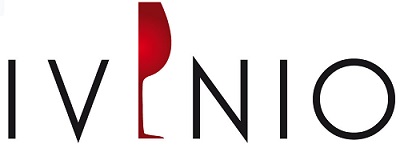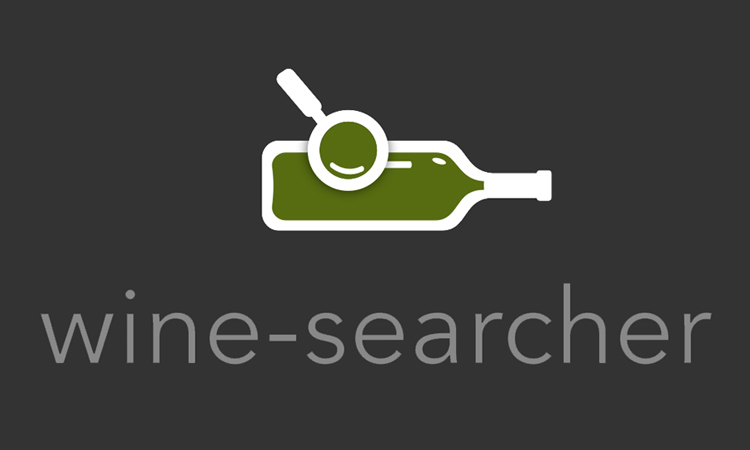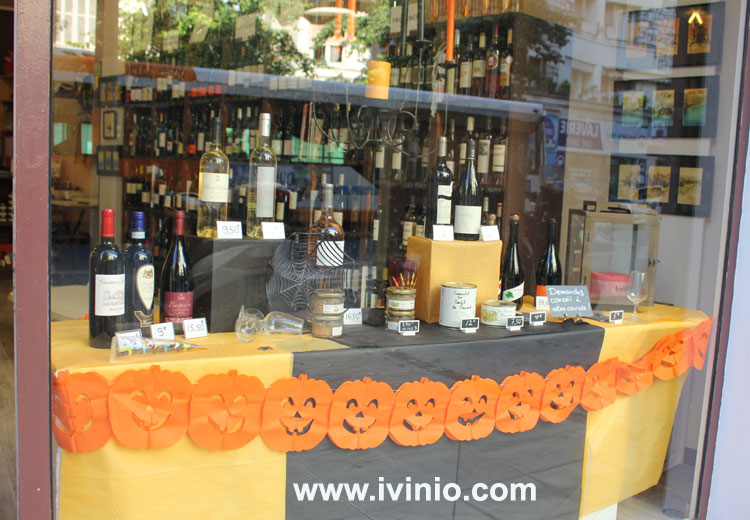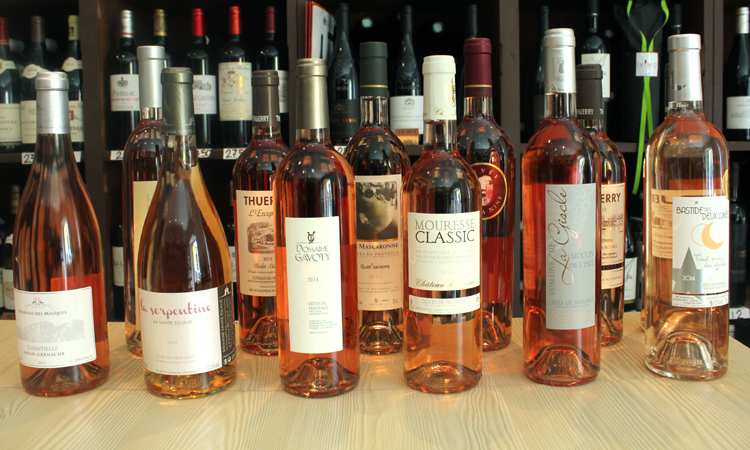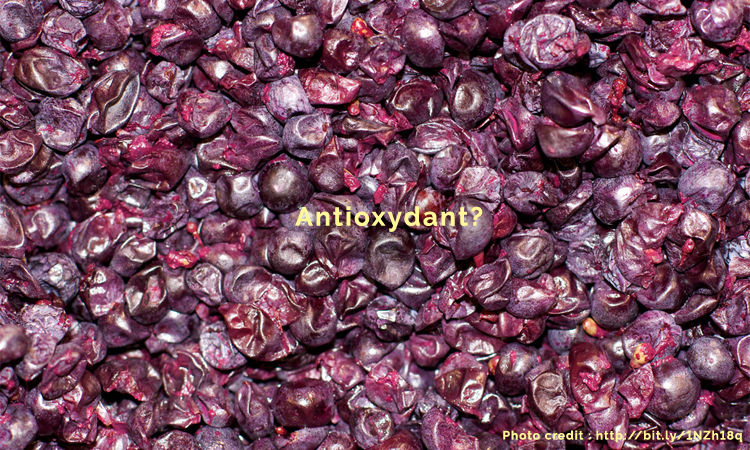
Wine and Health – where is the truth?
Wine and Health – where is the truth?
Wine is above all a beverage we drink together with the food we eat, when sitting down around a table. It is basically a pleasure beverage we drink in good company when something nice is served on the plate. Wine doesn't really have any functional benefits, but is appreciated just for its taste. For winelovers, wine is definately the best drink to enhance both the taste of food and the comfort during a meal.
However, on top of the pleasure to enjoy a glass of wine, wine's medicinal virtues has been debated and was first mentioned already by Hippocrates 400 f. Kr. Hippocrates was a Greek philosopher, but is also ironically considered to be the medical arts ancestor. Wine's virtues in moderate amounts have since then been argued in written texts right into our time and right into the last century when wine's hazardous properties have also been considered. Wine contains alcohol, and alcohol is not good for your health.
Since the 80s, approximately 30 years ago, the debate about the wine's virtues was given new life and there are nowadays several scientific studies which show that wine is actually good for health. In 1991, "the French Paradoxe" was debated when the TV channel CBS in the US, showed how French in general and especially those in the southwest of France, have a low level of cardiovascular diseases, despite a high consumption of fat. Serge Renaud, researcher at INSERM in Lyon, explained in the program that this is thanks to the French regular, but also limited wine drinking. The World Health Organisation (WHO) MONICA study of cardiovascular diseases in different countries, has also confirmed the French Paradox and demonstrated that an intake of 1-3 glasses of wine a day reduces the risk of heart disease.
Then, is wine good for health and does it apply to all wines? If yes, how much can you drink? First and foremost, it should be said that wine contains alcohol and therefore, to even consider the idea of wine as healthy, the intake should be limited. Those who have studied the matter, all recommend max. 1-4 glasses per day, no more. A certain gender discrimination is to consider, men are allowed to drink 1 extra glass compared to women. Furtheron, red wine and not white or sparkling are generally recommended.
Then, how is red wine supposed to be good for your health? Red wine contains unlike both spirits, beers and wines a greater amount of antioxidants called polyphenols found in red grape skins and seeds and they express themselves in the wine's so-called tannins. Red wine is made of grapes, macerated and fermented with their skin and seed and this promotes the secretion of Polyphenols into the wine. These so called polyphenols have the prominent feature to prevent cholesterol from going into the arteries and create collections of fat which then cause heart infarcts. Coffee, tea and chocolate contain high levels of Polyphenol. Red wine contains, from the grape's skin and seed, a variant called Resveratrol. Much has been written about Resveratrol and medical studies have proven that this antioxidant not only keeps the blood cholesterol in check, Resveratrol can also prevent from cancer and can have positive effects against Alzheimer's disease.
The problem with the Resveratrol success, has in recent studies been, on one hand that red wine didn't show the incredible amounts of Resveratrol as believed and on the other hand that the human body isn't able to absorb Resveratrol in large quantities. Of course, there hasn't been missing supporters of this theory and many have unfortunately embraced it dogmatically. This is mainly in order to strengthen a negative image of wine consumption, driven by a subjective basic idea that wine is only containing alcohol that creates illness and social problems.

Red grapes with high level of tannins, contain a high dose of Procyanidine according to Corder and this is the explanation of "the French Paradoxe". Corder says that different wines have different levels of Procyanidine and he creates a list of the wines which have an exceptionally high content of Procyanidines. The red wine with the highest concentration is the Mandrolisai wines from central Sardinia, the second highest level has the Montefalco wines from Umbria, also from Italy. The third position goes to wines from the Gers in France made from Tannat grapes.
In summary, several studies over the past 20 years have shown that consumers of moderate amounts of red wine have lower number of cardiovascular disease, less diabetes, less cancer and less Alzheimer's. However, evidence of the relationship between cause and effect is not quite crystal clear. The problem lies in the difficulty of conducting clinical studies (studies in which the medical impact is tested for real on the human body) because wine's effect on the body is long and a clinical study is difficult to implement for a long time. Attempts have been made, as recently as last year a study on 783 individuals in Tuscany was conducted and there were at least no proofs given, confirming that drinking wine was the origin of the Resveratrol's virtues on the body …
Mustellu grapes, more known as Mourvèdre.
Anyway, the "French Paradoxe" persists and people, not just in the southwest but across France tend to live well, long (Women longest in Europe) and have one of the lowest percentage of overweight. However, this percentage tends to rise while the wine consumption in France goes down… Find the error. The hamburger culture and fast food in general has made its mark also in French households. What if the explination is simply that wine pairs rather well with well-cooked meals made with fresh ingredients, rather than with fatty snacks and junk food in general? We could then argue that wine drinking at least contribute to a better and healthier diet among the general public. Not least, wine consumption contributes in that case to good growth in the cutlery industry – and we think that is very good !
